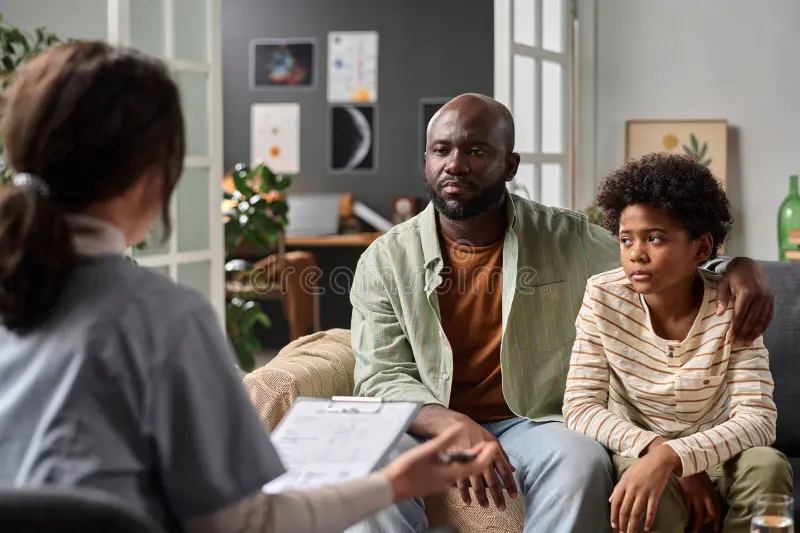24/7 Helpline:
(866) 899-111424/7 Helpline:
(866) 899-1114
Learn more about PTSD Treatment centers in Gordon
PTSD Treatment in Other Cities

Other Insurance Options

BHS | Behavioral Health Systems

American Behavioral

Absolute Total Care

Coventry Health Care

UMR

AllWell

GEHA

Aetna

Highmark

Meritain

Lucent

Humana

ComPsych

Optum

EmblemHealth

Regence

Optima

Magellan

Oxford

Ambetter














Northeast Panhandle Substance Abuse Center – NEPSAC
Northeast Panhandle Substance Abuse Center (NEPSAC) provides quality substance abuse services to the...


